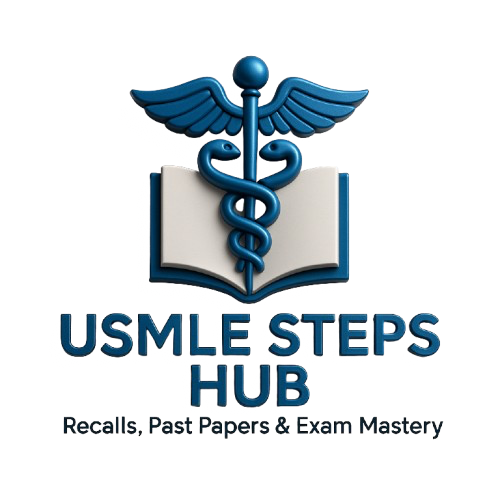In the ever-evolving landscape of medical education, the integration of artificial intelligence (AI) has sparked both curiosity and apprehension. With the rise of advanced language models like ChatGPT, questions arise about their role in preparing aspiring physicians for the United States Medical Licensing Examination (USMLE) and even in generating test questions. However, while the potential of AI in medical education is undeniable, its current limitations warrant a cautious approach.
Dr. Mechaber, a representative of the National Board of Medical Examiners (NBME), acknowledged the interest in utilizing AI, particularly ChatGPT, as a study tool for USMLE preparation. However, he cautioned that the technology is not yet refined enough for widespread use. Despite its impressive ability to mimic human language, ChatGPT still produces erroneous answers, indicating that it may not be "ready for prime time" in the realm of medical education.
Moreover, the notion of AI-generated test questions raises ethical concerns regarding bias and accuracy. AI models, including ChatGPT, are built on machine learning algorithms that can perpetuate biases present in the data they are trained on. This introduces a potential for inaccuracies and unfairness in assessment, which are critical considerations in evaluating medical knowledge and competency.
In response to inquiries about its stance on AI's impact on the USMLE, ChatGPT itself asserted that it is not a threat to the examination. While recognizing its prowess in natural language processing, the bot emphasized that it lacks the specialized medical knowledge, critical thinking skills, and ethical reasoning essential for medical practice. It underscored the importance of rigorous training and education in producing competent physicians, highlighting the irreplaceable role of human expertise in healthcare.
Despite the allure of AI in streamlining educational processes, it is evident that it cannot supplant the multifaceted skills required of physicians. Medical practice demands not only factual knowledge but also the ability to think critically, solve complex problems, and navigate ethical dilemmas—all of which are inherently human faculties. Thus, while AI may complement traditional learning methods, it cannot replace them entirely.
As we venture into the future of medical education, it is crucial to approach the integration of AI with careful consideration. While AI technologies like ChatGPT hold promise in certain aspects of learning and assessment, they must be utilized judiciously, keeping in mind their current limitations and ethical implications. Ultimately, the USMLE remains a vital benchmark in evaluating the readiness of aspiring physicians, ensuring that they possess the knowledge, skills, and ethical grounding necessary to provide quality patient care.
